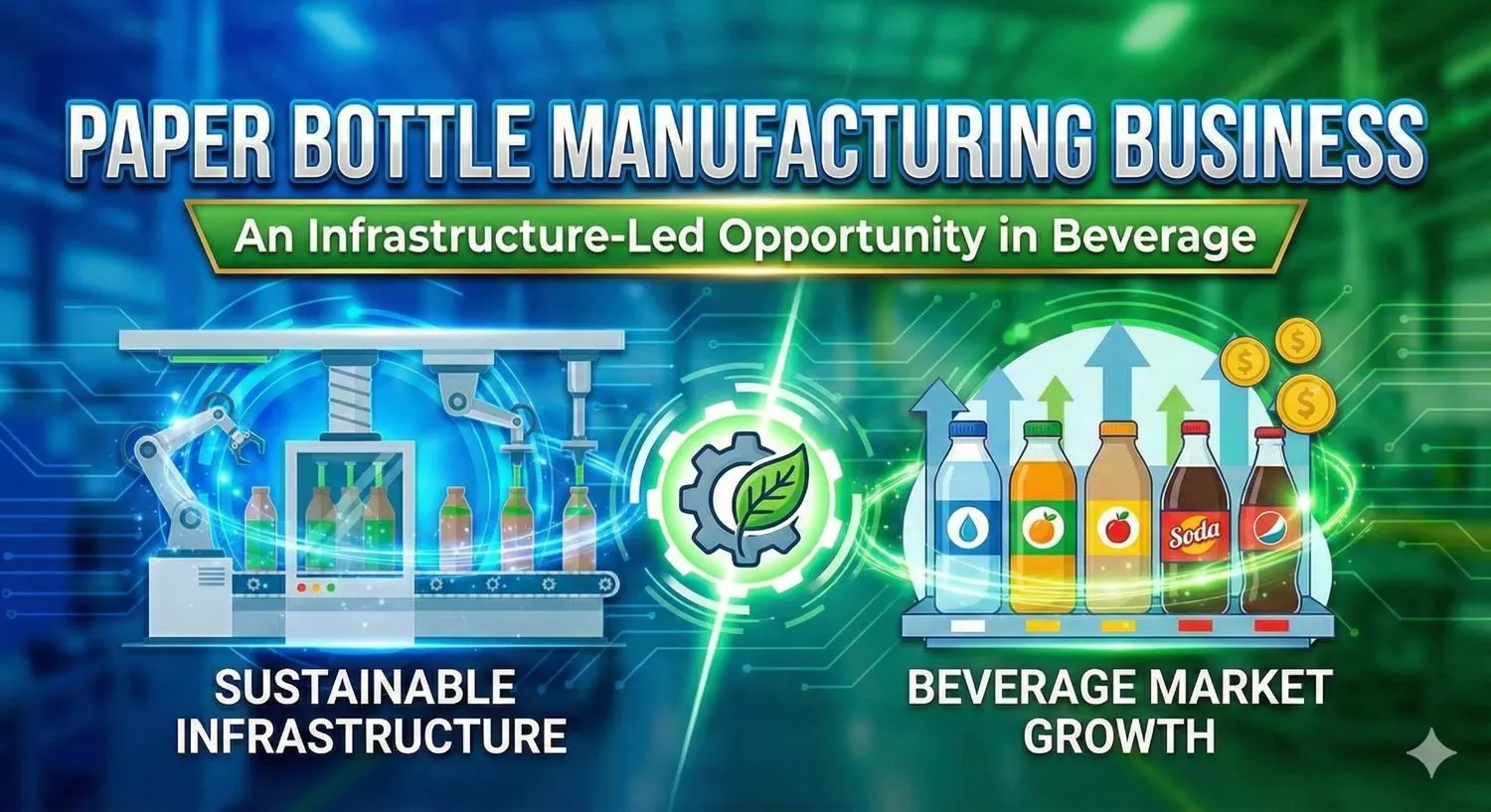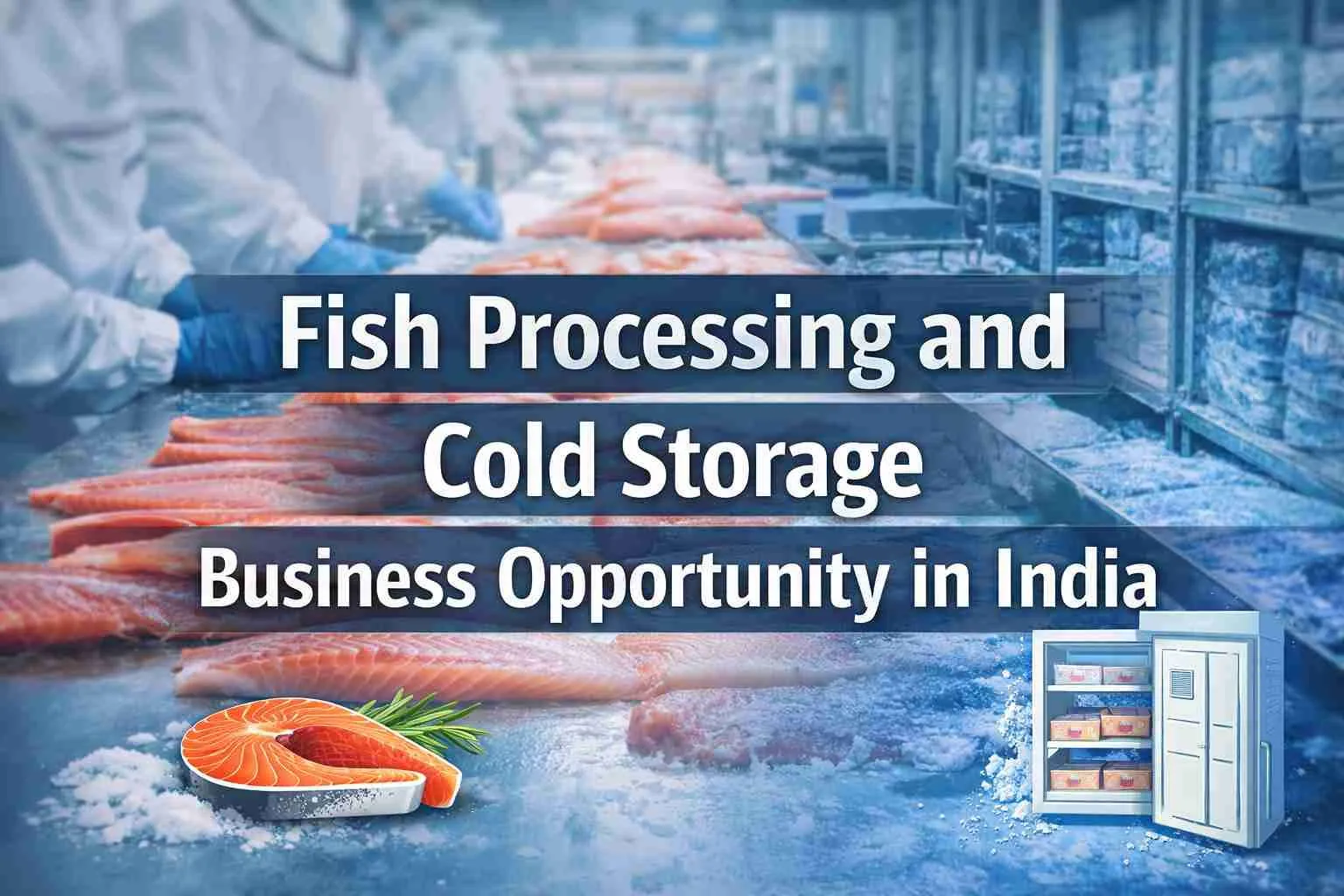In recent years, the food processing industry has experienced massive growth due to rising global demand for packaged, processed, and ready-to-use food products. Among them, Desiccated Coconut Powder has carved a niche for itself in the bakery, confectionery, and culinary sectors. This highly versatile product is made from the dried, ground kernel of mature coconuts. For aspiring entrepreneurs, setting up a Desiccated Coconut Powder making unit can be a highly rewarding venture, both economically and environmentally.
Contents
- 1 Market Overview and Scope of Desiccated Coconut Powder
- 1.1 Step-by-Step Guide to Start a Desiccated Coconut Powder Manufacturing Unit
- 1.1.1 1. Conduct Market Research and Feasibility Study
- 1.1.2 2. Prepare a Detailed Project Report (DPR)
- 1.1.3 3. Select a Suitable Location
- 1.1.4 4. Business Registration and Licensing
- 1.1.5 5. Arrange Finance and Working Capital
- 1.1.6 6. Procurement of Machinery and Equipment
- 1.1.7 7. Manpower Requirements
- 1.1.8 8. Raw Material Procurement
- 1.1.9 9. Production Process
- 1.1.10 10. Quality Control and Standards
- 1.1.11 11. Branding and Marketing Strategy
- 1.1.12 12. Export Potential
- 1.2 Profitability and ROI Analysis
- 1.3 Challenges and Risk Management
- 1.4 Final Thoughts
- 1.1 Step-by-Step Guide to Start a Desiccated Coconut Powder Manufacturing Unit
Market Overview and Scope of Desiccated Coconut Powder
The global market for coconut-based products has seen consistent growth, driven by rising health consciousness and the trend towards natural food items. Desiccated Coconut Powder is in high demand in countries like India, Sri Lanka, the Philippines, Indonesia, and the Middle East. It is extensively used in sweets, chutneys, curries, cookies, cakes, and as a garnish in several dishes. Its longer shelf life, compared to fresh coconut, makes it an ideal product for export.
India is one of the top producers of coconuts, and states like Kerala, Tamil Nadu, Karnataka, and Andhra Pradesh are leading hubs for coconut farming. This provides a sustainable raw material base for establishing a Desiccated Coconut Powder unit. With proper planning and quality control, small and medium-scale entrepreneurs can enter this domain and scale up gradually.
Step-by-Step Guide to Start a Desiccated Coconut Powder Manufacturing Unit
1. Conduct Market Research and Feasibility Study
Before jumping into any business, understanding the market is crucial. Study the demand for Desiccated Coconut Powder in your targeted region—be it local, national, or international. Analyze who your competitors are, what pricing strategy they follow, and what product quality they deliver. This will help you identify a unique selling proposition (USP) for your brand.
2. Prepare a Detailed Project Report (DPR)
Your DPR should cover technical, financial, and marketing aspects of the business. Include machinery costs, land and building, working capital, labor, packaging, raw material sourcing, profit margin, and breakeven analysis. A detailed project report is essential if you plan to seek loans or financial assistance from banks or government schemes.
3. Select a Suitable Location
The success of your unit largely depends on proximity to coconut-producing areas. Transportation costs and the freshness of raw materials play a big role in maintaining profitability and product quality. An area with easy access to utilities like water, electricity, and roads is ideal.
4. Business Registration and Licensing
Register your business as a sole proprietorship, partnership, LLP, or private limited company depending on the scale and ownership model. Obtain the following licenses and permits:
- Factory License
- FSSAI Registration (Food Safety and Standards Authority of India)
- GST Registration
- Pollution Control Board Clearance (if required)
- MSME Udyam Registration for government subsidies and support
- Trade License from the local municipality
5. Arrange Finance and Working Capital
Depending on the capacity (small, medium, or large scale), your investment may range from ?10 lakhs to ?1 crore. Funding can be arranged through:
- Bank loans under Mudra or Stand-Up India schemes
- Government subsidies for food processing units
- Angel investors or venture capitalists (for larger setups)
- Self-financing or family/friends
6. Procurement of Machinery and Equipment
To produce Desiccated Coconut Powder, you’ll need the following key equipment:
- Dehusking Machine
- Deshelling Machine
- Paring or Peeling Machine
- Washing Unit
- Blanching Unit
- Pulverizer or Grinder
- Dryer (tray or conveyor type)
- Sieving and Packaging Machines
Ensure that you choose machinery that meets food-grade standards and is easy to clean and maintain. Automated and semi-automated setups are available depending on your budget.
7. Manpower Requirements
You’ll need trained and semi-skilled personnel for various processes such as handling raw materials, machine operations, quality testing, and packaging. For a small unit, a team of 8–10 members is sufficient, while a medium-scale unit may require 15–20 employees.
8. Raw Material Procurement
Mature coconuts with thick, firm kernels are used for Desiccated Coconut Powder production. You can source coconuts directly from local farmers, wholesale markets, or cooperative societies. Building long-term relationships with suppliers ensures consistent quality and pricing.
9. Production Process
The manufacturing process of Desiccated Coconut Powder involves several steps:
- Selection and Cleaning: Choose mature coconuts and wash thoroughly.
- Dehusking and Deshelling: Remove the outer husk and shell.
- Paring: Peel off the brown layer of the coconut.
- Washing: Clean the white kernel under fresh water.
- Blanching: Submerge the kernel in hot water to reduce microbial load.
- Grinding: Shred or grind the coconut to fine particles.
- Drying: Dry the ground coconut at 60–80°C to remove moisture (moisture content should be less than 3%).
- Sieving and Grading: Separate the powder based on size (fine or medium grade).
- Packaging: Pack in moisture-proof, food-grade bags to retain freshness.
10. Quality Control and Standards
To ensure consistency and quality in your Desiccated Coconut Powder, you must:
- Maintain hygiene in production areas
- Use stainless steel machinery
- Conduct moisture, fat, and microbial tests
- Follow FSSAI and AGMARK standards
- Regularly calibrate equipment
Quality certification like ISO 22000 or HACCP adds credibility to your brand, especially for exports.
11. Branding and Marketing Strategy
Packaging plays a crucial role in the appeal of Desiccated Coconut Powder. Use attractive, informative, and tamper-proof packaging. You can sell under your own brand through:
- E-commerce platforms like Amazon, Flipkart, and BigBasket
- Local grocery and supermarket chains
- B2B platforms for bulk orders
- Direct supplies to bakeries and sweet shops
Marketing strategies may include:
- Digital marketing via social media
- Free samples and influencer collaborations
- Participation in food expos
- Trade directories and online B2B listings
12. Export Potential
The global demand for Desiccated Coconut Powder is expanding in countries like the USA, UAE, Canada, and Europe. To export, you’ll need:
- Importer Exporter Code (IEC)
- Compliance with international food safety standards
- Attractive export-grade packaging
- Tie-ups with export houses or direct international buyers
The Agricultural and Processed Food Products Export Development Authority (APEDA) offers guidance and subsidies to exporters.
Profitability and ROI Analysis
A well-run Desiccated Coconut Powder unit can yield 20–30% profit margins. The ROI depends on capacity, raw material cost, machinery efficiency, and market penetration. For example, a small unit producing 500 kg per day can generate ?10–15 lakh in annual net profit if managed efficiently.
Break-even can typically be achieved within 1.5 to 2.5 years, depending on the initial investment and operating costs. Diversifying into other coconut products like coconut oil, virgin coconut oil, or coconut chips can further boost profitability.
Challenges and Risk Management
Some challenges in this industry include:
- Seasonal fluctuation in coconut supply
- Price volatility
- Maintaining quality during monsoon months
- High electricity usage in drying operations
To mitigate risks:
- Sign long-term contracts with coconut suppliers
- Use solar drying or energy-efficient dryers
- Maintain buffer stock during off-seasons
- Regularly train staff on food safety protocols
Final Thoughts
Setting up a Desiccated Coconut Powder making unit is a lucrative business idea for those looking to invest in the food processing industry. With proper planning, quality focus, and effective marketing, you can create a sustainable and profitable business. Whether you’re targeting domestic retail or global export markets, the opportunities are vast. Leverage government schemes, invest in technology, and focus on branding to make your venture a success in the long term.
Visit the page Select and Choose the Right Business Startup for You for sorting out the questions arising in your mind before starting any business and know which start-up you can plan. We, at NPCS, endeavor to make business selection a simple and convenient step for any entrepreneur/startup. Our expert team, by capitalizing on its dexterity and decade’s long experience in the field, has created a list of profitable ventures for entrepreneurs who wish to diversify or venture. The list so mentioned is updated regularly to give you a regular dose of new emerging opportunities.













